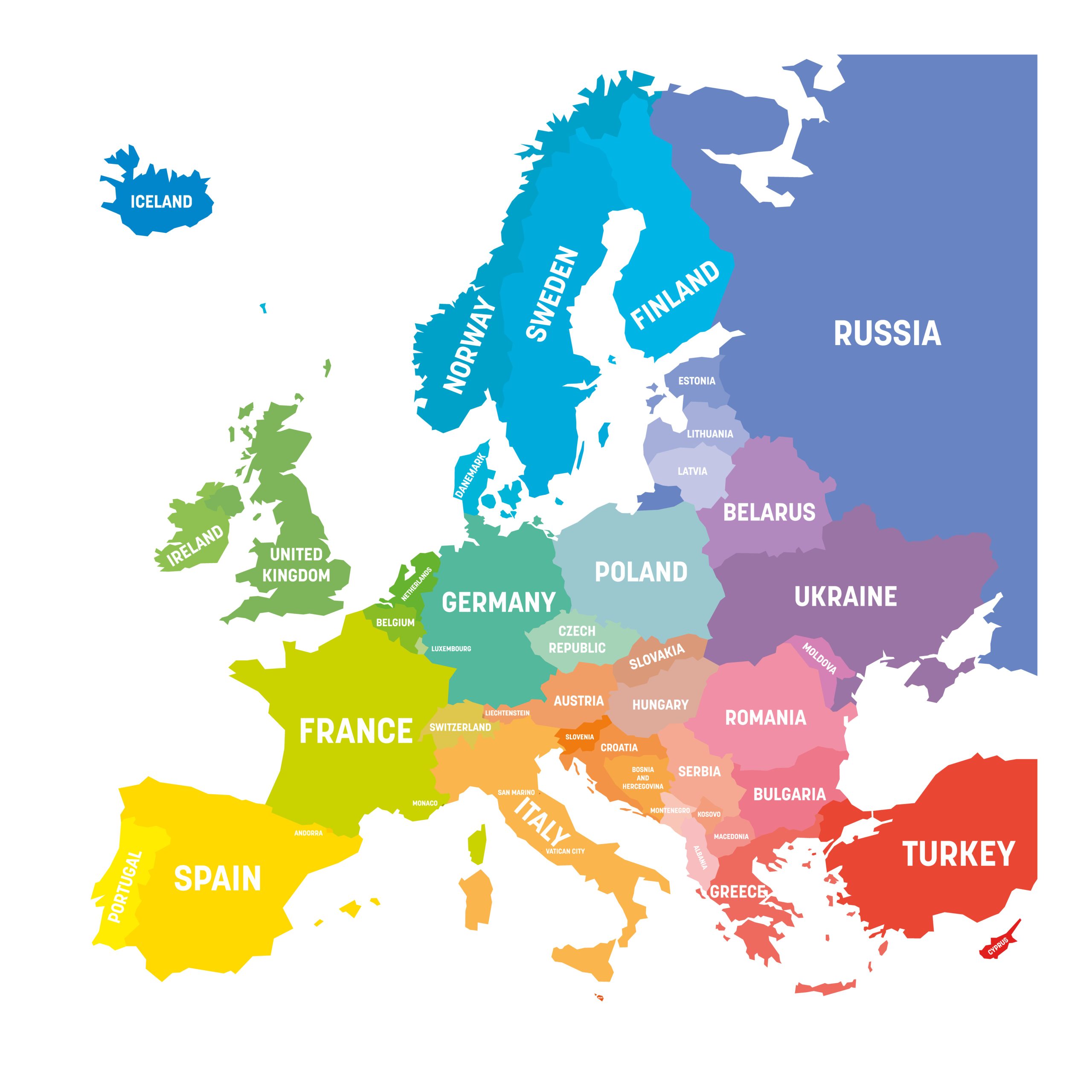THE EUROPEAN BRONCHIECTASIS REGISTRY
When EMBARC was launched in 2012, bronchiectasis was an orphan disease, with few evidence based treatments and a lack of data regarding epidemiology, co-morbidities, pathophysiology, severity and prognosis. There were few longitudinal or cross-sectional studies in bronchiectasis.
To give truly meaningful and generalizable results, a longitudinal observational study of bronchiectasis was required to enrol several thousand patients – more than any one centre could enrol.
To this end, EMBARC created an open, pan-European registry of patients with bronchiectasis. To date, the EMBARC registry represents the largest registry of bronchiectasis patient data in the world.
The European Bronchiectasis Registry

The European Bronchiectasis Registry (EMBARC) registry is a multicentre, prospective, observational, non-interventional cohort study of CT-confirmed bronchiectasis patients.
The registry aims to:
- To increase our understanding of the demographics and burden of bronchiectasis across Europe.
- To enable the development of national bronchiectasis registries in countries that do not have a readily available bronchiectasis research infrastructure and promote international research collaborations.
- To capture the needs and experiences of patients living with bronchiectasis to inform bronchiectasis research and care.
Since it’s establishment in 2012, the EMBARC registry now holds comprehensive clinical data for >20,000 individuals with bronchiectasis from 300 research sites across 27 EU and non-EU countries, including baseline data and data obtained from annual follow-up, resulting in a breadth of longitudinal data concerning changes in medication, exacerbation frequency, hospital admissions and survival.
A list of the clinical data collected within the EMBARC registry can be found at Clinical Data – EMBARC Registry.
The data collected are sufficiently robust to provide a comprehensive overview of all aspects of bronchiectasis and bronchiectasis care in Europe, including:
- Assessment of differences in non-CF bronchiectasis practice across Europe to identify areas for improvement or further study.
- Identification of factors needing large longitudinal datasets e.g., predictors of survival and features associated with less common forms of bronchiectasis (such as inflammatory bowel disease or rare genetic conditions) which cannot be accurately studied from single centre studies.
- Description of demographics, co-morbidities, aetiology, medication usage, resource consumption, microbiology, severity and prognosis of bronchiectasis across Europe.
The baseline demographics of the EMBARC registry have recently been reported (Chalmers et al., 2023).
Thus far, the EMBARC registry has resulted in numerous high-impact publications.
Recruitment for the EMBARC Registry is open-ended, currently ongoing and open to anyone caring for patients with bronchiectasis. If you are a research site interested in contributing to the registry, please contact us to register your interest.

